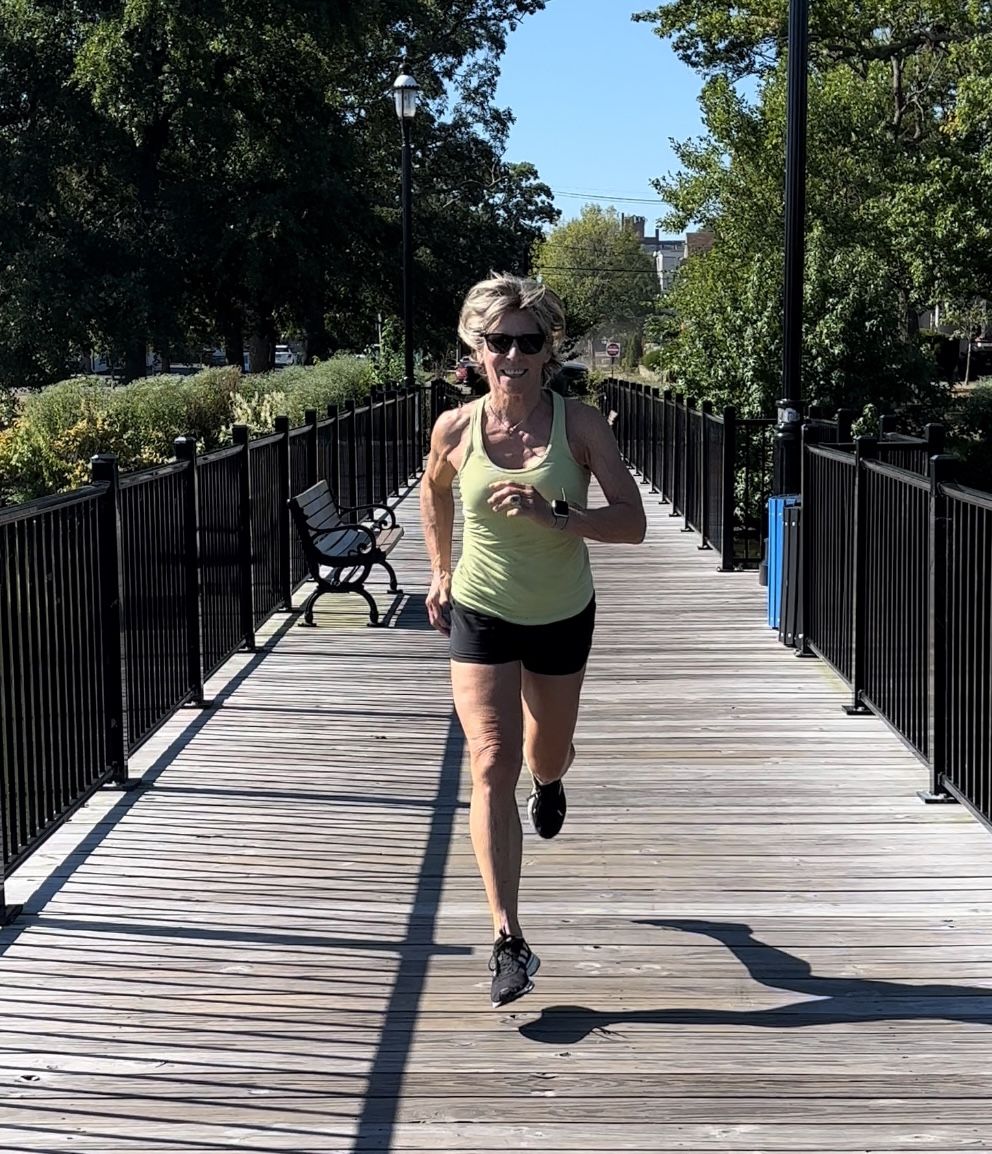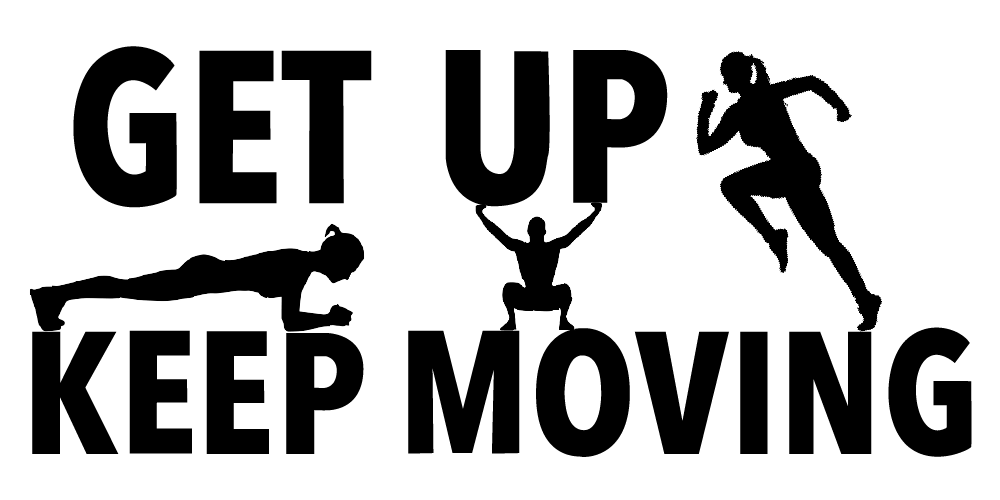Hey friends~
Are you a masters athlete?
You are not over the hill, a geezer, or past your prime.
Did you know? If you’re over 35, you’re a masters athlete.
According to the definition of “masters athlete”, age-wise, if you’re over 35 that’s you. And whether you’re competitive, or if you’ve ever pursued a physical activity just for fun, you’re an athlete.
My cycling, running, and triathlete friends have been training for years. Dancers and yogis too. You do so mostly because you enjoy what you’re doing, and you’ve gotten good at it. Some are in it for competition.
You want to keep doing what you love for a long, long time.
As a masters athlete, you have a decent amount of time to dedicate to your pastime or sport. You might enjoy hanging out with the group, or you might love long solo rides, runs, or rows. You might compete, even online, showing off videos on social media, or posting those long runs, rides, rows, and swims on Strava… until uh oh…maybe not so much.
What about if the fun factor is missing, performance is declining, or injuries are sidelining you? Is lack of interest becoming more prevalent?
Burnout is real.
I thought running was forever. It felt like a mini vacation to get out on my feet every day, even for an hour, and those long runs were a luxury. Weekly races were a thing for years, with kids cheering me on. Running was great, until it wasn’t, as injuries made it more and more uncomfortable. It was wonderful to find a cycling group, and riding replaced the “high” of running. It led to more serious training, and some racing. After years of riding almost every day, team rides and solo, and hitting some good times, it happened. I looked forward to days off, became anxious, and irritable, my heart rate was up, sleep was interrupted, and my numbers started to fall.
Overtraining syndrome can sneak up, and it can take months to get back to training.
See a pattern there? Needless to say my program consisted of only running, then only cycling. No strength training, almost no stretching, and not enough recovery. I’ve learned since then, and I’m a fitter, stronger athlete as a result.
Cross training is the best way to help you prevent burnout, avoid the likelihood of injury, and stay strong.
Cross training isn’t about more training, even though it does involve including different disciplines into your program. It’s about training smart, active recovery, sleep, and especially making training effective, instead of more frequent.

Cross training is the key to peak performance. And not just in the off-season.
Let’s talk. You know I’m here for you.
Onward~
Polli




